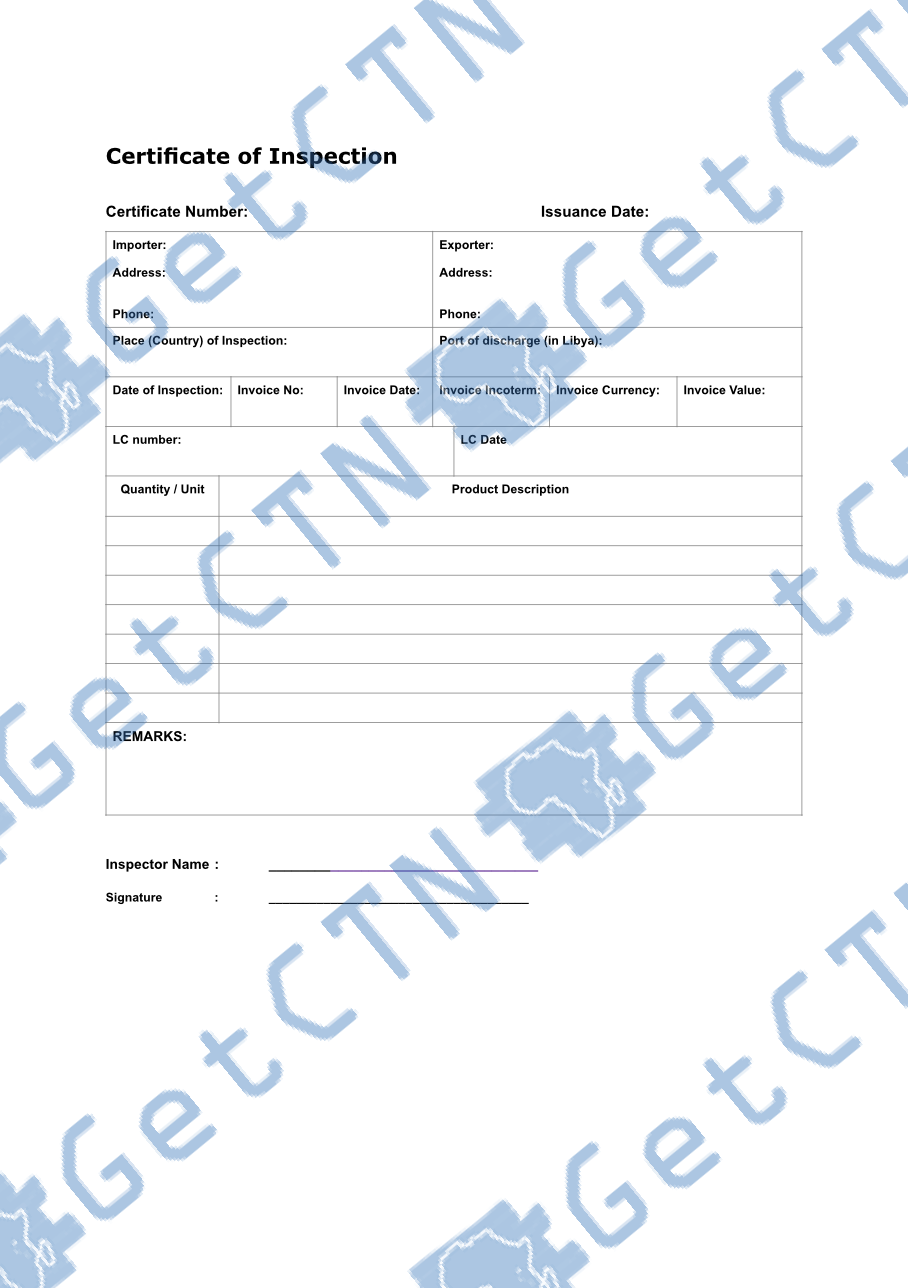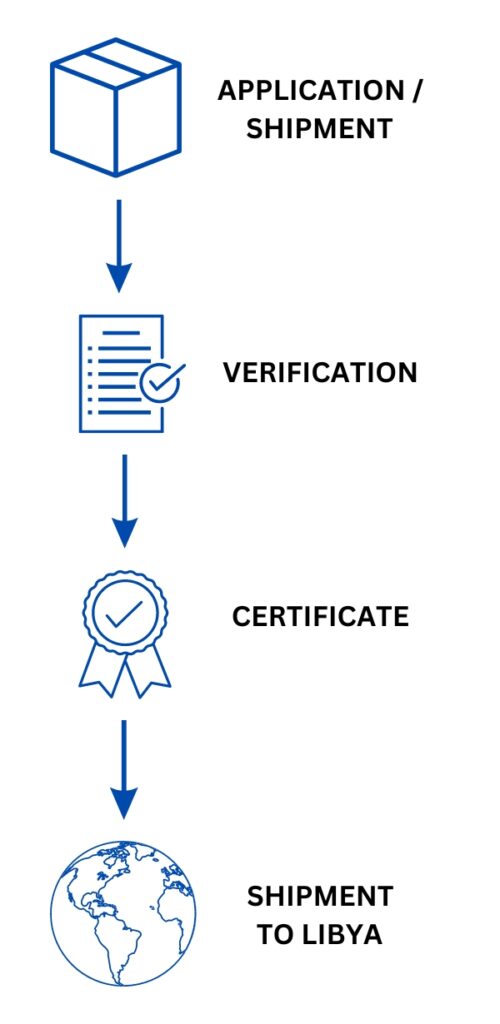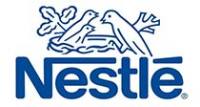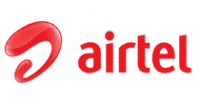
1 518 302 6818
kyle.hallner@getctn.com

+44 7723 465323
murat.aydin@getctn.com

1 518 302 6818
kyle.hallner@getctn.com

971 4230 6314
li.wei@getctn.com

31 970 1025 5535
sofia.ricci@getctn.com

31 970 1025 5535
emilie.dubois@getctn.com

31 970 1025 5535
lukas.muller@getctn.com

44 7723 465323
carlos.hernandez@getctn.com

44 7723 465323
olivia.brown@getctn.com

31 970 1025 5535
emma.peeters@getctn.com

971 4230 6314
takahashi.hiroshi@getctn.com

31 970 1025 5535
anna.devries@getctn.com

91 91037 47061
zara.kapoor@getctn.com

971 4230 6314
sara.almulla@getctn.com

+44 7723 465323
mikko.makela@getctn.com

+44 7723 465323
liam.murphy@getctn.com

+44 7723 465323
lerato.molefe@getctn.com

+44 7723 465323
kurt.schmidt@getctn.com

+44 7723 465323
cheng.wei.lim@getctn.com

+20 109 400 1060
ahmed.morsi@getctn.com

+44 7723 465323
emeka.nwosu@getctn.com

+44 7723 465323
minjae.choi@getctn.com

+8801568993034
rocky.bujjaman@getctn.com

+92 333 4243 989
khan.malik@getctn.com

+601127856558
nicholas.rocky@getctn.com

+44 7723 465323
chloe.thompson@getctn.com

+55 81 98217 2334
erik.dener@getctn.com

+966 566050151
fahd.elkhaldy@getctn.com
Draft Certificate

What is a Certificate of Inspection (COI)?
The pre-shipment inspection is one of the most important phases in exporting goods internationally. Due to the extensive worldwide commerce of goods, it is important to uphold and adhere to specific safety and quality standards (in accordance with importer requirements) of the importing country. A Certificate of Inspection (COI) also known as a Certificate of Conformity (COC) is required to attest that a certain set of products has been examined and that it complies with all shipping requirements, including those related to quality, weight, and packing.
On April 30, 2015, the Central Bank of Libya issued Resolution N° 96, mandating the submission of a “Certificate of Inspection” for all imports entering Libya. Which is why, in accordance with legislative regulations, such as those outlined in “Letters of Credit,” all exporters must obtain an inspection certificate before shipping goods to Libya.
Procedure
During the document control process, the RFC (Request For Certification) Application Form and Declaration of Conformity completed by the exporting company must be submitted with a stamp and signature.
Description details of the products and the price of the documents, which are arranged by the exporting company in English, the requirement to include a Proforma invoice containing international trade terms is sought.
Product test reports and ISO 9001 etc. quality certificates, Letter of Credit (L/C) and contract text, Technical Datasheet, Catalog, and Brochures, if any, must also be sent in English.
The inspection process starts after we are informed about the inspection request at least 3 business days in advance and all documents are sent to us in full. Approval from our Head Office is required before loading after inspection. After the submission of your final documents (Commercial Invoice, B/L) and paying, the draft certificate is also prepared.
Basic Process Overview

To apply for the Certificate of Inspection, you need to provide the following information:
- Letter of credit
- Proforma/Final invoice
- Certificate of origin
- Health certificate for food (if available/applicable)
Step 1: Application
Step 2: Documentation
Step 3: Inspection
Step 4: Certificate Issuance
Step 1: Request for Certificate
Importer / Exporter lodges a Request for Certificate. Said request should include:
- List, identification of the items planned for export, and information on the importer and exporter (name, address, invoice, …)
- Documents of conformity are provided (ex: Third party test reports according to Libyan standards or international when there is no applicable Libyan standard)
- Copy of the Letter of Credit (if any)
- Details on the provisional and local availability dates for the items so that their physical examination may be done before shipping. (Complete the Request for Certificate (RFC) Form.)
Step 2: Documentary review / Testing
Reviewing each piece of information and, if necessary, comparing it to Libyan standards and Letter of Credit inspection criteria, we determine whether it is enough. If required, samples are subjected to testing or analysis at a laboratory.
Step 3: Inspection
Prior to export, we inspect the consignment to:
- Check Products against Libyan standards
- Check consignment against details identified during the documentary review
- Identify the inclusion of goods listed as prohibited
- If necessary, take samples for additional assessment
- Depending on LC requirements and the nature of the goods, witness the loading and seals the containers
Step 4: Certificate of Inspection
If the results are satisfactory, a Certificate of Inspection is given; if not, a Non-Conformity Report is generated. It is advised for exporters not to send their goods until the necessary Certificate has been issued.
Conformity requirements:
Compliance of goods with
- shipment declaration (invoice, packing list) and
- applicable Libyan standard for goods also subject to the ARN (international
standard in absence of a Libyan standard) and - L/C requirements
Testing performed by a laboratory recognized by ILAC under ISO/IEC 17025 is required to prove compliance with standards.
National deviations:
- In accordance with the Libyan standard that is relevant to each product covered by ARN regulation.
- Adhere to the Islamic Sharia law. As such pork, alcohol, and their kinds are prohibited, same as the following food additives:
E102, E103, E104 , E107, E120, E121, E122, E123, E125, E126, E128, E130, E131, E142, E171, E151, E152, E153, E154, E155, E174, E175, E164, E165, E166, E173, E182, E181, E180
Labeling requirements:
Language:
-
- The labels and instructions required by the relevant Libyan standards for items subject to ARN must be at least in Arabic.
- Markings and instructions that are needed by international standards for items covered by the letter of credit must be at least in Arabic or English.
FAQs related to Libya COI
Indeed, the Certificate of Inspection is a condition of the LC that must be fulfilled.
- It verifies that the items are in accordance with the terms of the contract, protecting importers from obtaining deficient or incorrect goods.
- Before packaging and shipping products, exporters may monitor the production process and make any necessary corrections in order to prevent product rejection when it comes time for inspection.
- Exporters may ensure prompt delivery and receipt of goods to the target country by learning about manufacturing timelines.
Absolutely, because collection against documents has been temporarily halted, all export transactions, whether in the public or private sector, must be done so under a letter of credit.
The inspection typically gives a quantity check, either 100% or sample check, as well as a visual quality/condition check. If necessary, it may also accommodate the sealing of containers and the witnessing of loading. This can vary based on the LG’s requirements.
Any product exported to Libya require a COI. Additional conformity requirement for the following products identified in the ARN 2020/68
- Foods & Feeds
- Children’s toys
- Cooking Utensils
- Vehicle tires
- Vehicle oils
- Cooking gas cylinders
- Medical supplies
- PPE supplies, especially those related to Corona pandemic such as gloves, gags, face masks,.
- Alcohol and Sterilizers
- Fertilizers and pesticides
- Cosmetics and aromatic scents
- Shampoo, soap and hair dyes
- Toothpaste and shaving Cream
- Fabrics and clothing, especially children’s clothing
- Shoes
- Notebooks, books, and school supplies
- Manual and automatic washing power and detergents
- Paints and Air freshener
- Batteries
Ministry of Economy and Trade decision number “359 of 2021”:
- Live pigs
- Pork meats, fat, hides, and all their derivatives, or any products containing pork fat
- Food products containing pork, its derivatives, including food additives Alcoholic drinks of all kinds (wines…)
- Food products containing alcohol
- Frozen & Chilled Livers, Frozen offal, Frozen intestines.
- Marine dredgers
- Baking improvers containing potassium bromate
- Preserved and canned meats, and foods prepared from animal fats for the purpose of human consumption, except those slaughtered and prepared according to the edicts of Islamic Shari’a Law
- Repackaged tomato that is not complying with the Libyan National Standard
- Live poultry (Chicken – Turkey) for slaughter
- Vehicle older than 10 years
- Incandescent (tungsten) light bulbs (non-energy saving)
- Car window tinting material
- Used empty barrels
- Traditional Libyan Dress (abbayas, cloak, etc.)
Decree No. 18/2011 National Transitional Council Executive Office Department of Economic Affairs:
- All dairy products manufactured in the People’s Republic of China as well as all dairy products manufactured in other countries in which milk originated from China is used.
Transitional Libyan government/ Bureau of the Ministry of Economy decision number 377,1,5 issued in 2012:
- Medicines, live animals and birds, pesticides, frozen and chilled fish and meat shipped through Land port of entries in Libya
Ministry of Economy and Trade decision number “258 of 2021”:
- Potassium Bromate (E924 or E924a), “Chemical name (KBrO3)”
Ministry of Economy and Trade decision number “541” of 2022”:
- Gun toys with beads/arrows for kids
Ministry of Economy and Trade decision number “918” of 2022:
- Metal detectors
The volume of the cargo and the range specified by the client/LC will determine this. The physical examination might take anything from half a day to a week. Normally, the certificate is given out 2-3 days after the inspection.
This depends on how long it takes to complete the inspection to the specified scope; as a result, each inspection is priced separately.
Please note that to receive a quote you will need to have at least the following export documents ready:
- Request for Certification – RFC
- Pro forma or commercial invoice
Here are some of the common details mentioned in a standard Certificate of Inspection:
- Inspection date
- Place of inspection
- Purchase order number
- Contact details of importer
- Country of origin
- Product description
- Number of units
- Number and date of pro forma invoice
- Insurance policy number (if any)
- Number and date of Bill of Lading
- Gross weight
- Port of discharge
- Contact details of supplier
- Code number of custom tariff
- Type of packing
- Place of issue
- Name and signature of the authorized person
- Algeria
- Botswana
- Congo
- Côte d’Ivoire
- DR of Congo
- Egypt
- Ecuador
- Ethiopia
- Gabon
- GCC
- Ghana
- Indonesia
- Iraq
- Kenya
- Kuwait
- Lebanon
- Liberia
- Libya
- Mali
- Mauritania
- Morocco
- Nigeria SONCAP
- Pakistan
- Philippines
- Saudi Arabia
- Tanzania / Zanzibar
- Togo
- UAE – MoIAT
- Zimbabwe
General FAQs
GetCTN is an independent consulting firm to help you to get the necessary CTN certificates to many African Countries. GetCTN is an international company that is based in USA and UAE.
A bill of lading (BL or BoL) is a legal document issued by a carrier to a shipper that details the type, quantity, and destination of the goods being carried.







